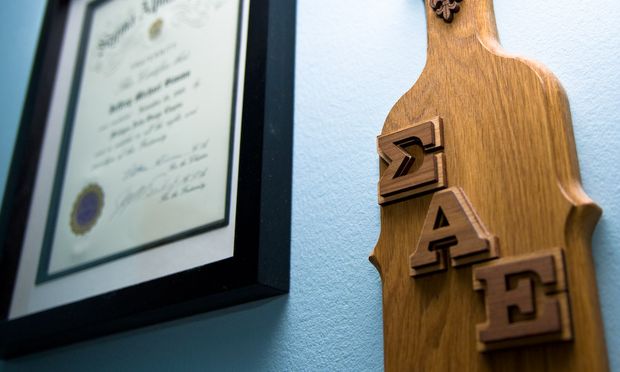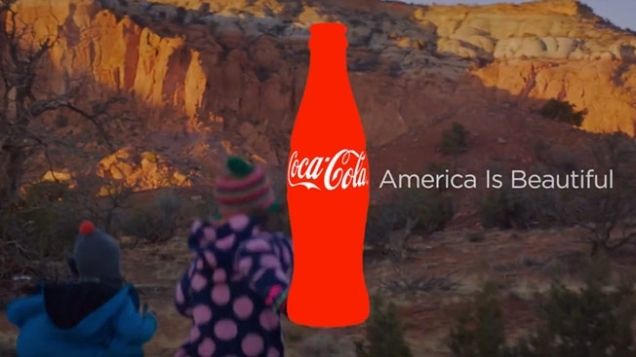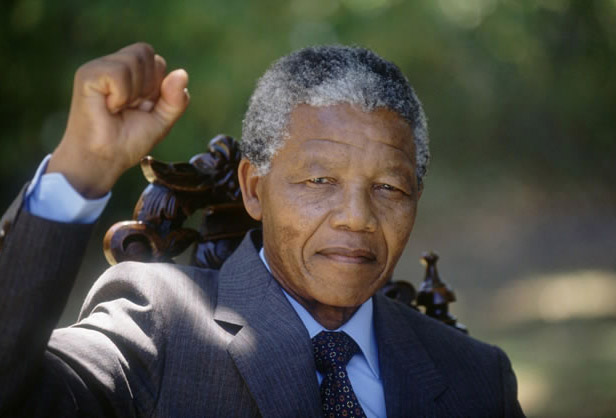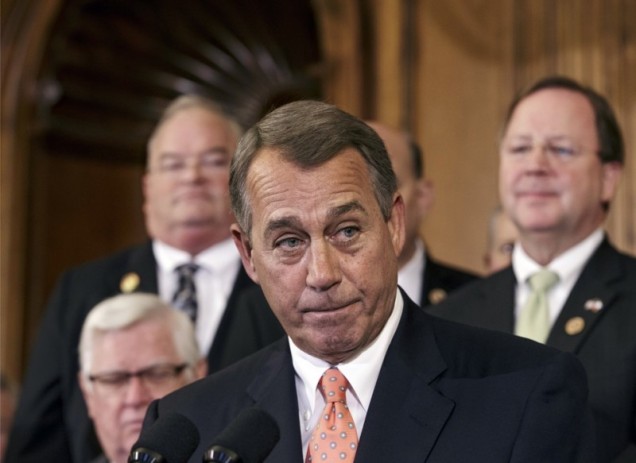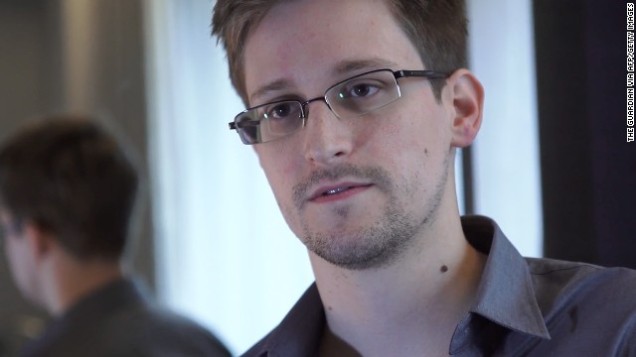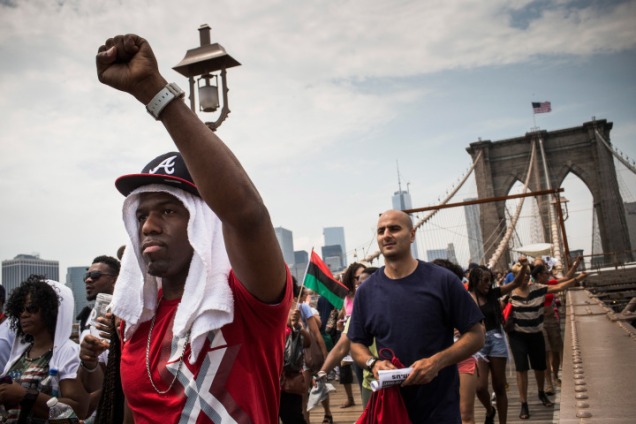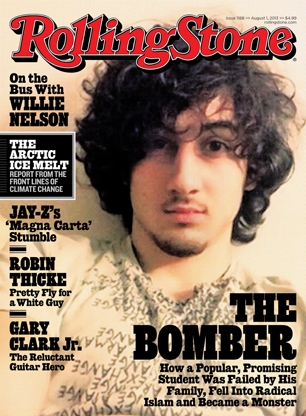For weeks, the media has been in an uproar over Belle Knox, the freshman at Duke University who works as a porn star to pay for tuition.
Well, maybe uproar is the wrong word. The media has been downright civil compared to the mudslinging from everyone else—people who have done everything from revealing her real name to threatening to throw garbage on her.
You don’t have to agree with Knox’s choices to side with her, though. We all have our demons, and Knox must bear the consequences of her actions like anyone else. Regardless of how others feel about her decision to work in porn, Knox’s approach to the scandal is still admirable for many reasons:
- She exposed Duke’s rape culture, a phenomenon in which privileged students think they can get anything they want—including nonconsensual sex. Rape pervades college campuses around the country, so kudos to Knox for discussing how victims, particularly women, are subject to scrutiny and objectification from those who are in no position to judge.
- She stood up for herself, and shows no signs of stopping. Knox wrote a response to the Duke Chronicle’s first article about her, interviewed with the Huffington Post (among others—she has an upcoming media tour as well), and has already posted multiple articles for xoJane. You have to respect Knox’s determination to stand by her beliefs—and she articulates them well for a college freshman.
- She’s starting a conversation. Knox raises questions about how our culture should approach sexuality, and has brought further attention to the rising cost of college education. If a student feels driven to work in porn because she can’t afford tuition, what does the choice say about the value of a college degree?
Knox claims to feel empowered working as a porn star, but those feelings don’t apply to everyone in the industry. Too often, sex is used as a pawn to assign or remove power; consider the porn stars who feel powerless at work, or the plight of sex slaves who never had the freedom to choose and suffer constant degradation. People who judge Knox for her choices use their own sexual morality as a way to establish power over her—no different than people in these adult industries who corrupt human sexuality for personal gains.
Marginalizing people does not change their actions, though; it just reinforces Knox’s view that entitlement places stigmas on outsiders, even though everyone is broken in some way. It reduces righteousness to cruelty.
So let’s treat Knox like this: instead of writing murder and rape threats from behind the safety of our computer screens, let’s see her as a real person—a person with dignity who makes choices and has to live with them like the rest of us.
Do you feel like Knox has been treated unfairly? Leave us a comment.
-Amanda
Amanda Suazo, editor, joined BSB in 2010 as the writing guru for the organization’s website, official documents, and documentary before focusing a bit on philanthropy. Now a graduate of Gonzaga University, she is currently an MBA student and freelance writer. Between Zumba classes and downing espresso, you might catch her attempting to be a vegetarian. Find her on Twitter.



